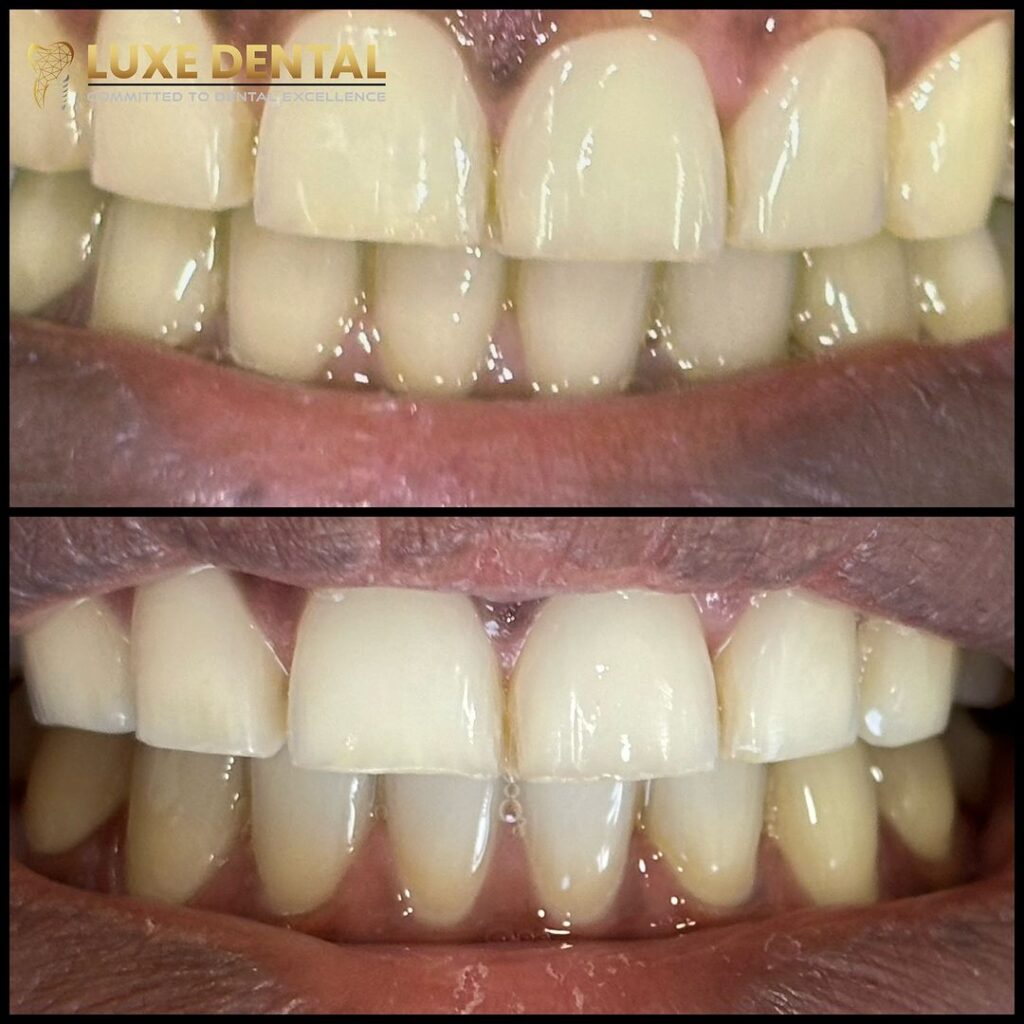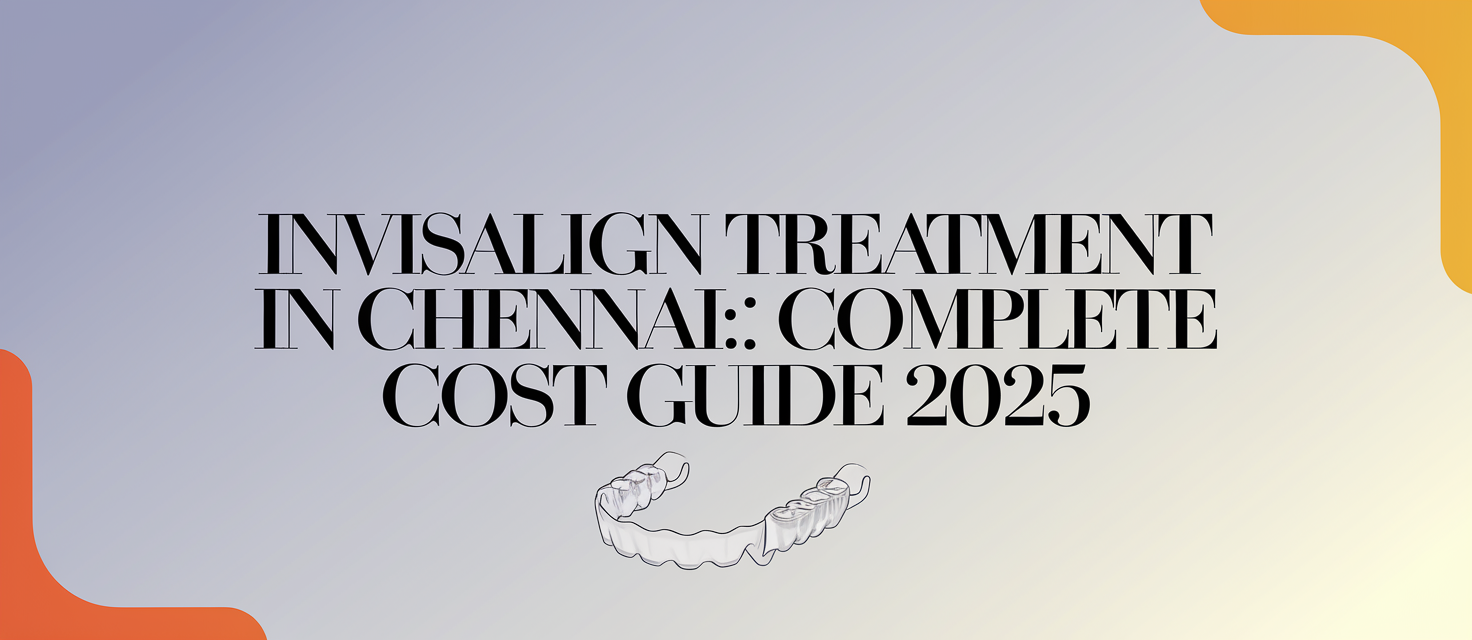Top 10 Professional Teeth Whitening Options
Introduction
Teeth whitening has surged in popularity as individuals seek to enhance their smiles and boost their confidence. With a multitude of options available, from professional treatments to at-home kits, understanding the various methods is crucial for making informed choices. This comprehensive guide delves into the top professional teeth whitening options, examining their effectiveness, costs, safety considerations, and maintenance tips to help you achieve a brighter smile.

1. Laser Whitening
Overview of Laser Whitening
Laser whitening, also known as laser bleaching, is a professional dental procedure that utilizes focused light energy to enhance the effects of whitening agents applied to your teeth. This method is designed to produce immediate results, often in just one session, making it a popular choice for those seeking quick improvements.
The procedure typically begins with a thorough cleaning of the teeth, followed by the application of a whitening gel. The laser light is then directed at the gel, activating its ingredients and allowing for deeper penetration into the tooth enamel. This treatment is particularly effective for stubborn stains caused by coffee, tea, and tobacco.
Benefits of Laser Whitening
One of the most significant advantages of laser whitening is the speed of results. Patients often leave the dental office with teeth several shades lighter after just one session. Additionally, the procedure is generally considered safe when performed by a qualified dental professional, with minimal risk of damage to the teeth or gums.
Moreover, laser whitening treatments are tailored to each patient’s specific needs, and the precision of the procedure allows for targeted whitening, ensuring even results. This method also causes less sensitivity compared to other whitening techniques, making it a preferred option for many.
Procedure Description
During a laser whitening session, the dentist will begin by cleaning the teeth to remove any plaque or debris. Following this, a barrier will be placed on the gums to protect them from the whitening gel. The gel, which contains hydrogen peroxide or carbamide peroxide, is then applied to the teeth. After the gel is in place, the dentist will activate it using a laser. This process typically takes about 30 to 60 minutes, depending on the desired level of whitening.
After the procedure, patients may experience some sensitivity, but this usually subsides within a few hours. Dentists often provide post-care instructions, emphasizing the importance of avoiding staining foods and beverages for at least 24 hours to maximize results.
2. At-Home Kits
Types of At-Home Kits
At-home teeth whitening kits are designed for individuals who prefer a more convenient and cost-effective solution for whitening their teeth. These kits come in various forms, including whitening strips, trays with gel, and paint-on applicators. Each option has its method of application and level of effectiveness.
Whitening strips are thin, flexible plastic strips coated with a whitening gel. They are placed directly on the teeth and typically worn for 30 minutes to an hour. Trays are custom-fitted or one-size-fits-all plastic molds that hold a whitening gel. Lastly, paint-on applicators allow users to apply a whitening solution directly to the teeth, making them a straightforward option for targeted treatment.
Effectiveness of At-Home Kits
At-home kits can be effective, but results may vary based on the specific product used and the user’s adherence to the instructions. Generally, these kits offer a gradual whitening effect over several days or weeks, with users typically achieving noticeable results after consistent use.
However, it is essential to keep in mind that at-home kits may not deliver results as dramatic as professional treatments. Additionally, users may experience sensitivity or uneven results if not applied correctly, underscoring the importance of following the instructions provided.
Best Teeth Whitening Kit Recommendations
- 1. Crest 3D White Whitestrips – Known for their effectiveness and ease of use.
- 2. AuraGlow Teeth Whitening Kit – Offers a LED light to enhance whitening results.
- 3. Snow Teeth Whitening Kit – Popular for its comprehensive approach and user-friendly design.
3. Professional Treatments
Types of Professional Treatments
Beyond laser whitening, various professional treatments are available, including in-office bleaching and take-home kits provided by dentists. In-office bleaching involves the application of stronger whitening agents compared to at-home kits, often yielding more immediate results.
Take-home kits provided by dental professionals usually include custom-fitted trays and professional-grade whitening gel. These kits allow patients to whiten their teeth at home while ensuring a better fit and more effective results than over-the-counter options.
What to Expect During Treatment
During a professional whitening session, dental professionals will assess the patient’s dental health before proceeding. They will explain the procedure and expected results, ensuring that the patient is comfortable throughout the process. The treatment typically lasts one to two hours, depending on the method used.
Patients can expect a significant improvement in the shade of their teeth after one treatment, although some may require multiple sessions to achieve their desired brightness. Post-treatment sensitivity is common but usually temporary, and dentists provide aftercare guidance to minimize discomfort.
4. Cost Comparison in India
Overview of Teeth Whitening Costs
In India, the cost of teeth whitening varies significantly across cities and dental practices. The average price for professional whitening ranges from ₹5,000 to ₹10,000, depending on the procedure’s complexity and the clinic’s reputation.
At-home kits, on the other hand, can be obtained for as low as ₹1,000, making them a more affordable option for many. However, the effectiveness and safety of at-home kits should be carefully evaluated to ensure satisfactory results.
Comparative Analysis of Options
When considering cost, it’s crucial to assess the overall value of each whitening method. Professional treatments may have a higher upfront cost but often deliver faster, more reliable results. Comparatively, at-home kits may be more budget-friendly but could require multiple applications to achieve the same level of whitening.
Ultimately, the choice between professional and at-home whitening methods should factor in individual preferences, desired outcomes, and budget constraints. Consulting with a dental professional can provide personalized recommendations based on your specific needs.
Budget-Friendly Alternatives
For those seeking budget-friendly alternatives to professional whitening, options such as baking soda and hydrogen peroxide can be effective. Many individuals find that brushing with a mixture of these ingredients can help remove surface stains, providing a subtle whitening effect.
Additionally, some over-the-counter whitening products offer a cost-effective solution without sacrificing quality. It’s essential to read reviews and consult with a dentist before using any new products to ensure safety and effectiveness.
5. Safety Considerations
Understanding Risks and Side Effects
Teeth whitening, while generally safe, can pose certain risks and side effects for some individuals. The most common side effects include increased tooth sensitivity, gum irritation, and uneven results. These issues can arise from overuse of whitening products or improper application techniques.
Furthermore, individuals with pre-existing dental conditions, such as cavities or gum disease, should consult with their dentist before undergoing any whitening treatment. Addressing these issues before whitening is crucial to minimize the risk of further complications.
Choosing Safe Products
When selecting whitening products, it is essential to choose those that have been approved by dental professionals or relevant health authorities. Look for products containing safe concentrations of whitening agents like hydrogen peroxide or carbamide peroxide, as overly concentrated solutions can lead to damage.
Reading reviews and testimonials can also help identify safe and effective products. Consultation with a dentist can provide further insight and recommendations tailored to individual needs.
6. Longevity of Results
Factors Affecting Longevity
The longevity of teeth whitening results can vary significantly depending on several factors. Key contributors include the individual’s diet, oral hygiene habits, and lifestyle choices. Consuming stain-causing foods and beverages, such as red wine, coffee, and berries, can lead to quicker discoloration following treatment.
Additionally, smoking and poor oral hygiene practices can contribute to the rapid deterioration of whitening results. Regular dental check-ups and cleanings can help maintain the brightness of teeth over time.
Expected Duration of Whiteness
On average, the results of professional teeth whitening can last anywhere from 6 months to 2 years, depending on individual habits and the method used. At-home kits may yield shorter-lasting results, requiring periodic touch-ups to maintain brightness.
To prolong the effects of whitening, individuals should adhere to good oral hygiene practices and avoid staining substances as much as possible. Using a straw when consuming stain-causing beverages can also help minimize contact with teeth.
7. Maintenance Tips
Daily Habits for Maintaining Whiteness
To maintain a bright smile post-treatment, establishing daily oral hygiene routines is essential. Brushing teeth at least twice a day with a whitening toothpaste can help remove surface stains and maintain brightness.
Flossing daily is equally important, as it removes plaque and food particles that can contribute to discoloration. Additionally, rinsing with water after consuming stain-causing foods and beverages can help keep teeth looking their best.
Recommended Products for Maintenance
- Whitening Toothpaste – Helps to maintain brightness while preventing new stains.
- Mouthwash with Whitening Properties – Aids in stain removal and freshens breath.
- Touch-Up Whitening Pens – Convenient for on-the-go whitening maintenance.
8. Choosing a Dentist
Qualifications to Consider
When seeking professional teeth whitening treatment, it is crucial to choose a qualified dentist. Look for professionals who have received specialized training in cosmetic dentistry and have experience with teeth whitening procedures.
Additionally, checking for memberships in professional organizations, such as the Indian Dental Association (IDA) or similar bodies, can indicate a commitment to ongoing education and best practices in dental care.
Questions to Ask Before Treatment
Before undergoing teeth whitening, patients should feel confident in their dentist’s expertise. Important questions to ask include:
- What type of whitening methods do you offer?
- What results can I realistically expect?
- Are there any potential risks or side effects associated with the treatment?
These inquiries can help build trust and ensure that patients are well-informed about the procedure before proceeding.
9. Common Myths
Debunking Teeth Whitening Myths
Several myths and misconceptions surround teeth whitening that can lead to confusion. One common myth is that professional whitening is harmful to tooth enamel. In reality, when performed by qualified professionals, teeth whitening is safe and causes minimal damage to enamel.
Another myth is that all whitening methods offer the same results. The truth is that professional whitening typically produces more significant and longer-lasting results compared to over-the-counter options.
Understanding the Truth About Professional Teeth Whitening
Professional teeth whitening is often considered one of the most effective methods for achieving a bright smile. Many individuals are unaware that the results can last significantly longer than those from at-home treatments, making it a worthwhile investment for those seeking a dramatic improvement.
Awareness of the facts surrounding teeth whitening can empower individuals to make informed choices about their dental health and appearance.
10. Before and After Care
Pre-Treatment Care Tips
Before undergoing teeth whitening, it’s advisable to visit a dentist for a thorough examination. Addressing any dental issues, such as cavities or gum disease, is crucial to ensure a safe and effective whitening experience.
Additionally, avoiding stain-causing foods and beverages in the days leading up to treatment can help enhance results. Maintaining good oral hygiene practices will also ensure a successful outcome.
Post-Treatment Care Recommendations
After teeth whitening, patients should adhere to specific aftercare guidelines to maintain results. This includes avoiding foods and drinks that can stain teeth, such as coffee, tea, and red wine, for at least 24 hours post-treatment.
Furthermore, continuing with a robust oral hygiene routine, including brushing, flossing, and regular dental visits, will help prolong the brightness of the smile and keep teeth healthy.
FAQs
What is the best treatment to whiten teeth?
The best treatment to whiten teeth is professional teeth whitening from a dentist. Whitening toothpastes, strips, and trays available over-the-counter are generally less effective.
Can yellow teeth become white again?
Yes, yellow teeth can become white again through professional teeth whitening treatments or at-home whitening products.
What really works to whiten your teeth?
Whitening toothpaste, teeth whitening strips, and professional teeth whitening treatments are the most effective ways to whiten teeth.
What is the best procedure for teeth whitening?
The best procedure for teeth whitening is professional in-office whitening. This provides the fastest and most dramatic results.
How long does teeth whitening last?
Teeth whitening results typically last 6 months to 2 years, depending on the individual’s oral hygiene, diet, and lifestyle habits.
How often can I whiten my teeth?
You can whiten your teeth up to twice a day, but no more than that. Excessive whitening can damage your enamel.
Can I whiten my teeth if I have sensitive teeth?
You can try using a desensitizing toothpaste or gel before whitening to help reduce sensitivity. Speak with your dentist about the best whitening options for your sensitive teeth.
Is teeth whitening safe?
Teeth whitening is generally considered safe when done under the supervision of a dental professional. However, it can cause temporary sensitivity in some individuals.
Do at-home kits work as well as professional treatments?
At-home kits are generally less effective than professional treatments.
Conclusion
Teeth whitening offers numerous options for individuals seeking a brighter smile, ranging from laser whitening to at-home kits. Understanding the various methods, costs, and maintenance practices is essential for achieving and sustaining desired results. By considering personal needs and consulting with a dental professional, individuals can make informed choices that align with their goals for dental aesthetics.
Enhance your smile and boost your confidence at Luxe Dental.





Leave a Reply